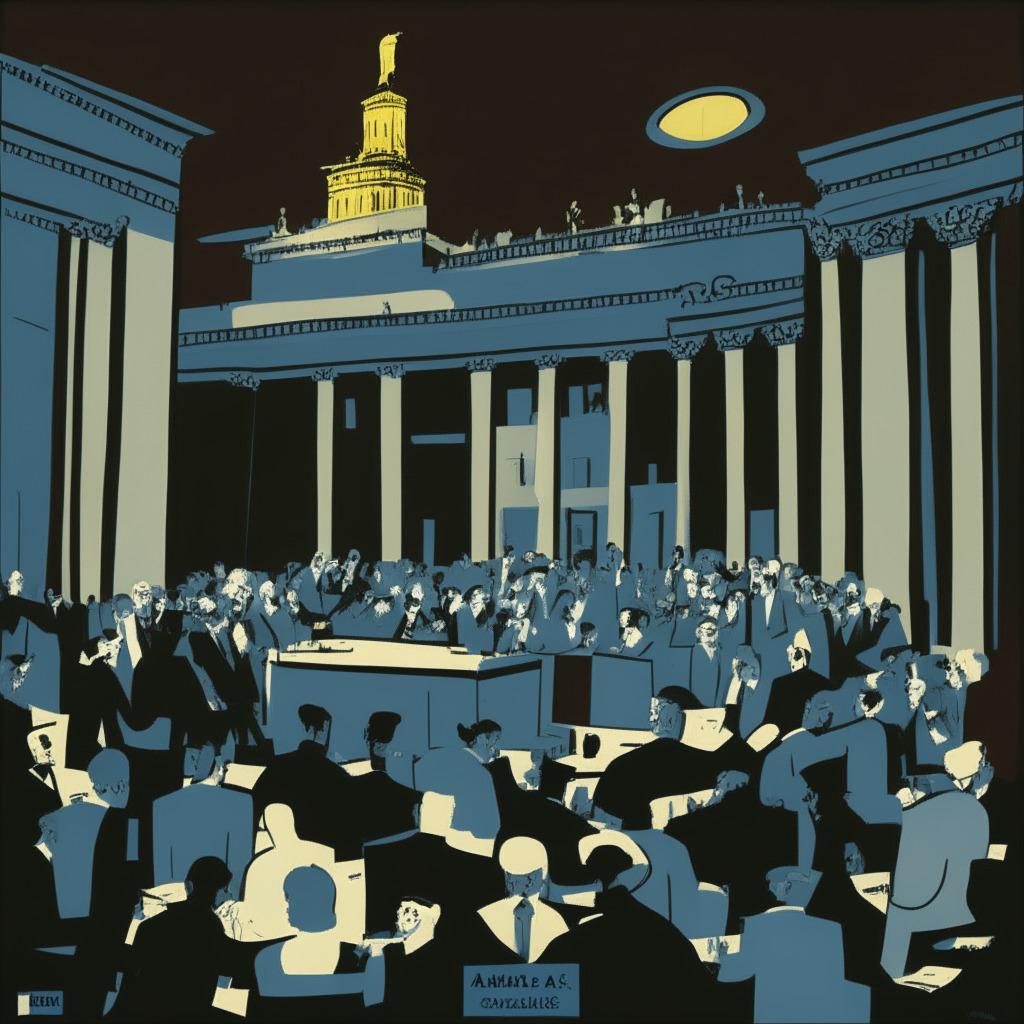In a significant move, Alibaba announced the launch of its proprietary large language model for both public and enterprise use in China. The artificial intelligence system, known as Tongyi Qianwen, is similar to ChatGPT and is trained on a corpus of English and Chinese text, reinforcing the global integration of technological advancements.
Interestingly, the news comes in the midst of China’s recently eased regulations on the use of artificial intelligence. Before, the AI model had been available only within a restricted group, during its beta test phase. However, the unveiling concurs with the recent alterations in regulations related to artificial intelligence technologies within China.
In June, the Chinese government released a new set of rules requiring all AI technologies released to the public to undergo a special vetting and certification process. The rules, which took effect in mid-August, led to a number of Chinese companies, such as Baidu, Tencent, TikTok, and ByteDance, earning the go-ahead to launch their models.
On the other hand, as part of this updated regulatory framework, there are specific mandates that restrict the generation of images resembling China’s president, with further requirements to address objectionable content within three months. Although past versions of these regulation settings proposed monetary fines, those plans were later scrapped.
Despite the softening of regulations with China, it’s worth noting that the United States has merely begun to take DIY steps in regulating artificial intelligence technologies. Yet, it’s clear that the future of AI will require a balanced approach to regulation, which both encourages innovation, and also ensures safety and ethical use.
As these new regulatory environments take shape, several questions arise: Will loosened Chinese restrictions lead to a surge in AI innovation and usage? How will these new technological assets impact the blockchain and cryptocurrency landscape? And while the US is gradually stepping into AI regulation, can it draw lessons from the Chinese context? These remain open questions, the answers to which will unfold with time, technology, and regulatory developments.
In conclusion, while the path toward comprehensive AI regulation is challenging, it is encouraging to see nations becoming aware of the importance of striking the right balance between fostering technological growth and maintaining ethical standards. The journey of Alibaba’s Tongyi Qianwen will certainly prove an interesting case study in reconciling AI innovation with government policy.
Source: Cointelegraph




